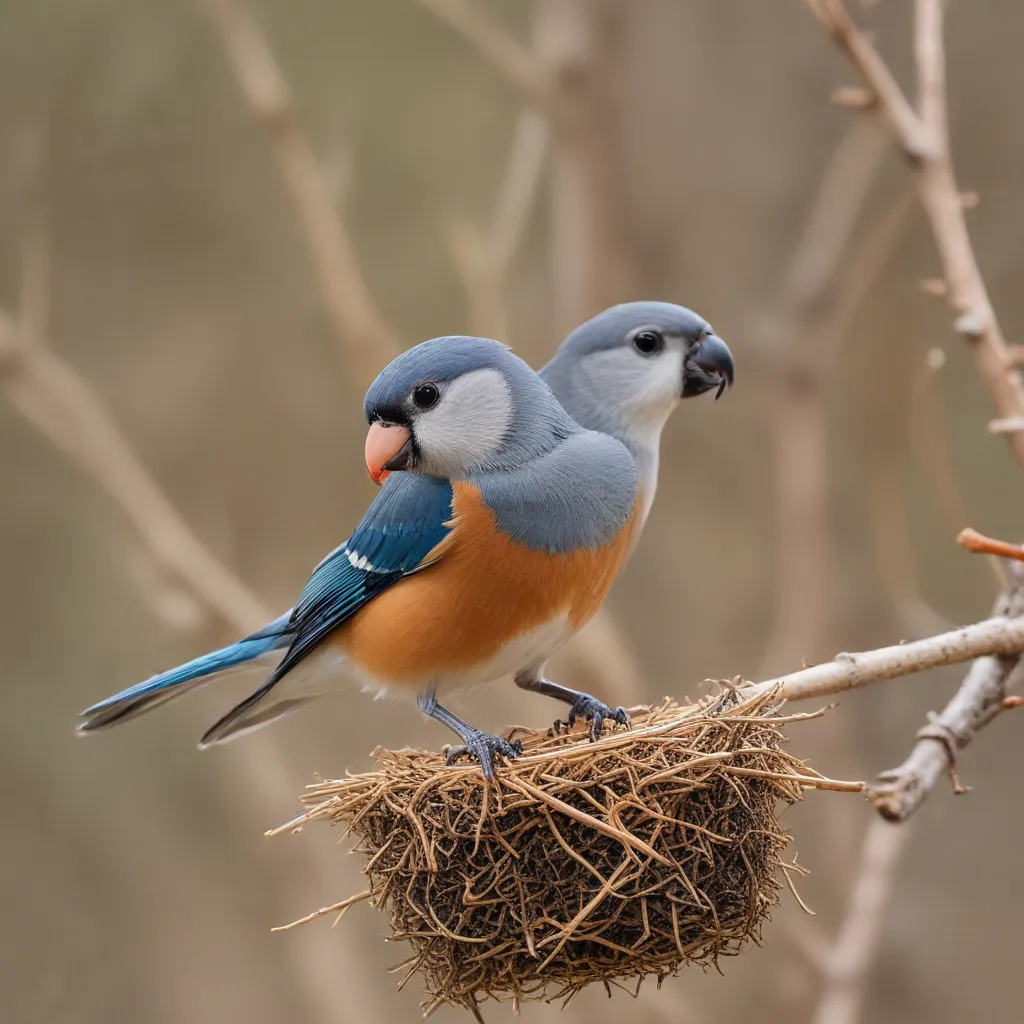
Crafting Customized Feeding Plans: Addressing Individual Bird Health Concerns
As an experienced avian caretaker and expert in all things birds, I know that each feathered friend has unique dietary needs and health considerations. Crafting personalized feeding plans is essential for ensuring the well-being and thriving of our avian companions.
Individualized Feeding Strategies
Nutritional Needs Assessment
The first step in developing a customized feeding plan is to thoroughly assess the individual bird’s nutritional requirements. This involves evaluating factors such as the bird’s age, species, activity level, and overall health status. By understanding the specific nutritional profile needed to support the bird’s growth, maintenance, and any medical conditions, we can begin to build a tailored feeding regimen.
Dietary Customization
Once the nutritional assessment is complete, the real magic happens – crafting a diet that not only meets the bird’s needs, but also aligns with their flavor preferences and natural feeding behaviors. This may involve experimenting with a variety of wholesome ingredients, textures, and presentation styles to discover what truly delights your feathered friend. Regular monitoring and adjustments are key, as an individual bird’s dietary requirements can shift over time.
Avian Health Considerations
Common Health Concerns
As avian caretakers, we must be vigilant in addressing any potential health issues that may impact our birds’ nutritional needs. Conditions such as obesity, liver disease, kidney disease, and food allergies can all require specialized dietary interventions. By staying informed on the latest avian health research and collaborating with avian veterinarians, we can develop feeding plans that proactively support our birds’ wellbeing.
Specialized Care Requirements
Some birds, particularly exotic species, may have very specific dietary requirements or health sensitivities that demand an even more personalized approach. For example, certain parrots may need a diet rich in antioxidants to combat feather-plucking behavior, while raptors require a precise balance of nutrients to maintain their predatory fitness. Addressing these specialized needs with care and creativity is paramount.
Formulating the Plan
Nutrient Balancing
Crafting a truly customized feeding plan involves meticulously balancing the essential nutrients – proteins, fats, carbohydrates, vitamins, and minerals – to meet the individual bird’s unique physiological demands. This requires in-depth knowledge of avian nutrition and a willingness to experiment with novel ingredient combinations.
Ingredient Selection
The ingredients we choose for our birds’ meals can have a profound impact on their health and well-being. Prioritizing whole, minimally processed foods rich in natural nutrients is key. From nutrient-dense seeds and nuts to vibrant fruits and vegetables, the options for creating delectable, bird-approved meals are endless. It’s important to also consider any dietary restrictions or sensitivities when selecting ingredients.
Plan Implementation
Feeding Schedules
Establishing a consistent feeding routine is crucial for maintaining your bird’s health and digestive function. Factors such as the bird’s natural feeding patterns, activity levels, and any medical conditions must be taken into account when determining appropriate meal times and portion sizes.
Portion Control
Portion control is a critical aspect of any customized feeding plan. Providing the right amount of food, neither too little nor too much, ensures that your bird is receiving the optimal nutritional balance without risk of obesity or nutritional deficiencies. Regularly monitoring your bird’s weight and body condition can help guide portion adjustments over time.
Monitoring and Adjustments
Evaluating Outcomes
Closely observing your bird’s health, behavior, and overall condition is essential for determining the efficacy of your customized feeding plan. Tracking indicators such as energy levels, feather quality, and digestive function can provide valuable insights into how the diet is supporting your bird’s wellbeing.
Iterative Adjustments
As an avian caretaker, you must remain adaptable and willing to make adjustments to the feeding plan as needed. Factors such as seasonal changes, aging, or the onset of new medical conditions may require you to revisit the nutritional assessment and tweak the diet accordingly. This iterative process of monitoring, evaluating, and refining the plan is the key to ensuring your bird’s long-term health and happiness.
Specialized Dietary Approaches
Exotic Bird Considerations
Caring for exotic bird species often requires an even more nuanced approach to feeding. These feathered friends may have evolved to thrive on highly specialized diets influenced by their natural habitats and foraging behaviors. Designing feeding plans inspired by these ecological cues can help ensure your exotic bird’s dietary needs are met with precision.
Medical Diet Therapy
In cases where birds are experiencing specific health challenges, a customized medical diet may be necessary. Working closely with an avian veterinarian, you can develop a feeding plan that addresses the underlying condition, whether it’s managing a chronic illness, supporting the rehabilitation process, or providing palliative care. These specialized diets require meticulous attention to detail and a deep understanding of avian nutritional science.
By embracing the art of crafting individualized feeding plans, we can ensure the optimal health and well-being of our beloved avian companions. Through a combination of comprehensive nutritional assessments, creative ingredient selection, and vigilant monitoring, we can help each bird thrive and flourish. Ultimately, our role as avian caretakers is to nurture the unique needs of our feathered friends, one customized meal at a time.
For more expert avian advice and resources, be sure to visit the Mika Birds Farm blog at https://mikabirdsfarm.com/. Together, let’s embark on a journey of avian wellness and unlock the full potential of our feathered family members.


